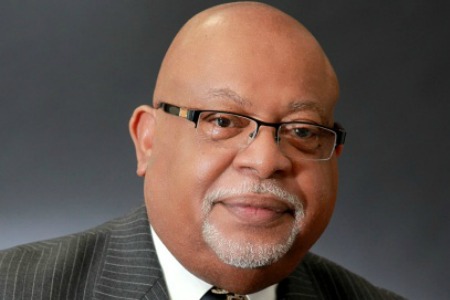
The Senior Alliance (TSA) and the Detroit Area Agency on Aging (DAAA) head up a collaborative network of community-based organizations that has been selected to participate in a national learning collaborative devoted to strengthening the capacity of networks of community-based organizations that support seniors and persons with disabilities.
“We are excited to form this collaboration with The Senior Alliance,” stated Paul Bridgewater, President/CEO of the Detroit Area Agency on Aging, “which will yield a replicable model for urban provider networks that serve the aged and disabled citizens in Integrated Care and managed care environments across the country.”
In a new approach, the Administration for Community Living (ACL) part of the U.S. Department of Health & Human Services, has selected nine networks of community-based organizations (CBOs) from across the country that have experience serving seniors and people with disabilities to receive training in marketing, contracting, and pricing their services. “The Senior Alliance is excited to join DAAA and dozens of our local aging and disability partners for this collaborative process with the ACL,” said TSA Executive Director Bob Brown. “This is a unique opportunity for each participant to bring their particular expertise to the table. Our aim is to create a comprehensive network that will more effectively serve the needs of the aging and disabled community in Wayne County.”
ACL recognizes that while local organizations know their communities and the issues their clients face daily, they may not have expertise in forming business relationships with healthcare providers. DAAA and TSA’s proposal for technical assistance seeks to support enhanced business capacity to establish a partnership among Wayne County aging, disability and long-term care service providers. In addition to the two Area Agencies on Aging, the partnership will include a network of approximately 38 providers of Home and Community-Based Medicaid waiver management entities; and other providers of community-based Long Term Care Supports and Services.
The technical assistance provided by ACL will help the CBOs build skills and align service capabilities so they can build business relationships with healthcare entities that do not typically provide community-based long-term services and supports, like hospitals, health systems, Accountable Care Organizations, and managed/integrated care plans. These changing relationships, supported by the Affordable Care Act, encourage better integration between hospitals, insurers, health care providers and the CBOs that often provide day-to-day support to older Americans and people with disabilities so that they can stay healthier, remain in their homes and reduce health care costs.
During the initiative’s intensive education phase, the nine local networks will form a national learning collaborative that will share experiences, including lessons learned, innovative ideas, and best practices for providing integrated care in a variety of community settings. At the conclusion of the initiative, the collaborative will share its models and other tools with communities and local agencies facing similar challenges.